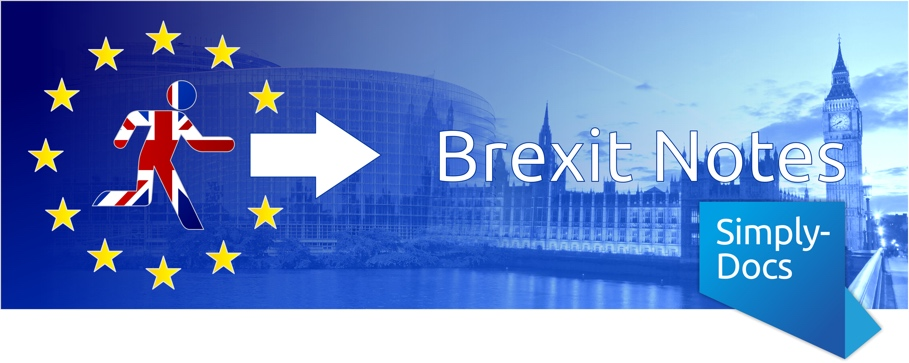
Just when you thought you’d seen enough emotively divisive politics to last a lifetime, with the election of President Trump following hot on the heels of the Brexit referendum; along comes a general election just to make sure that peoples’ conversations don’t stray to anything quite so mundane as the weather and the weekend’s football scores. A general election is inevitably contentious at the best of times, and with Brexit front and centre, the 2017 election is shaping up to be even more so.
Now that’s all well and good, and it’s everyone’s prerogative to hold and share their political views or – as some quite understandably choose – to switch off and filter out the noise altogether. When in the company of colleagues, however, this isn’t quite so straightforward. Politics among friends can cause enough problems, and these can be come even more acute in the workplace. What, then, can employers do to keep things peaceful and productive?
Outside of the workplace, of course, there isn’t a great deal that an employer can do about their employees’ political activities unless those activities have a direct impact on their employment. An employer could, for example, take action against an employee whose political activities are bringing the employer into disrepute.
Ordinarily, however, politics in the workplace is something that should be handled with care. Even if an employee’s political affiliations may be seen as offensive, employers must take great care when considering disciplinary action or dismissal. If an employee is dismissed because of their political opinions or affiliation, the normal rules regarding unfair dismissal don’t apply: employees do not need to have had two years’ continuous employment.
There is however a line that, if crossed by an employee, entitles an employer to take action. For an employee to hold political opinions and affiliations is one thing (and don’t forget, employers can’t take any action on the basis of an employee’s membership of a particular political party), but if the expression of those opinions and affiliations crosses over into campaigning, employers are in a better position to do something about it.
As to the definition of campaigning, it can take many forms, ranging from heated political discussions between colleagues, to handing out leaflets, putting up posters, and organising political meetings. Imposing a ban on political conversations in the workplace is neither desirable nor practical, but prohibiting the more active types of campaigning is arguably quite reasonable. Politics is by its very nature a polarising subject and seems to be one that is becoming increasingly personal and, at times, hostile. By preventing staff from campaigning at work, employers can help to avoid a lot of disruption, not only to productivity but also to staff relations and morale. In more extreme cases, such behaviour could even be considered to be bullying or harassment and thus a reason for dismissal in itself. Political expression isn’t a defence to allegations of discrimination or harassment either, so be on your guard for the would-be activist on your staff that goes around upsetting everyone under the banner of free speech, and don’t take any nonsense! Action could also be taken against an employee that was found to be spending time on non-work activities like political campaigning during working hours, or perhaps using company equipment for political purposes.
As with many situations like this, it is better to be proactive than reactive, and our Political Activity in the Workplace Policy is on hand to assist, setting out the expectations and code of conduct that apply to all of your employees. Most importantly, the policy removes ambiguity by clearly setting out what is and what is not permitted and sets out the various consequences employees may face for failing to adhere to it.
It would be nice to think that after the 8th June election, politics might quieten down for a while, but with formal Brexit negotiations set to commence shortly thereafter, political temperatures seem set to remain high for the foreseeable future. Political awareness and involvement among the populous is vital, but at work it must have its limits. You can’t, after all, run a successful business if the remainers, re-leavers, and brexiteers on your staff are at each others’ throats all day long! How do you deal with political activity in your business? Is it something you would prefer to keep out? Perhaps you go the opposite way and provide specific forums for your employees to exchange and debate their political views? Your views, as ever, are welcome!




